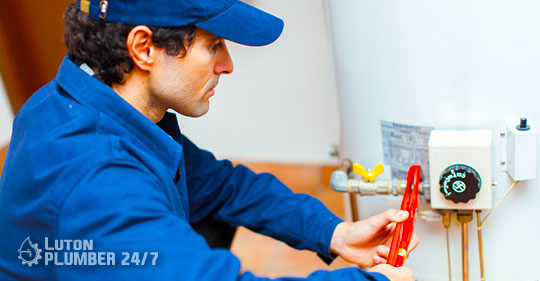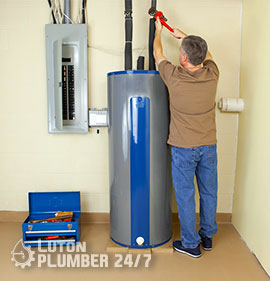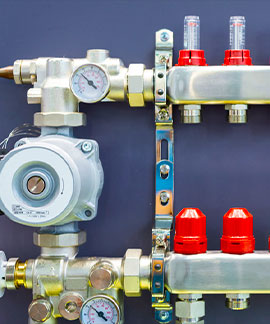

Water Treatment Luton refers to the process of purifying water by removing dissolved salts, minerals and other substances. Water treatment typically involves the removal of particulates (dirt, sand and rust), usually by filtration, and the removal of substances that are dissolved in the water. Some common processes used for drinking water treatment include reverse osmosis, distillation, activated carbon adsorption, ozonation with UV light, and ion exchange.
Water Treatment Luton is a broad term used to describe any process that makes water cleaner or safer for human use. Water treatment may be as simple as diverting the flow of water for a period of time, allowing sediment and particulates to settle out naturally, or it may involve sophisticated filtration systems that cleanse the water of harmful contaminants.
Treatment processes are broadly divided into two categories: physical processes , which remove suspended impurities from the water by filtering them through different materials, and chemical processes , which usually consume some sort of active agent that neutralizes pollutants in the water. In addition, there are several ways to treat water besides filtration. A common method is adsorption , which uses chemicals to bind with impurities in the water and precipitate them out. The most common example of this is activated charcoal, which can bind with many common toxins in the environment and remove them from a new supply of drinking water. Purification techniques can also be used to kill disease-causing microorganisms in a supply of drinking water, such as boiling or using ultraviolet light .
Table of Contents
Water and Water Treatment (Luton) Relationship
Water, the most abundant natural resource on our planet, is necessary for all forms of life to exist. It carries nutrients and oxygen throughout the body and removes toxins and waste products. It also transports nutrients to plants and helps them grow.
The World Health Organization (WHO) estimates that more than 1 billion people are currently drinking water that is contaminated with human feces, and that as many as 2.2 million people die each year from diseases related to inadequate access to safe water sources. Water can become contaminated in a variety of ways, including by the following:
- Contamination from humans or animals: By far the most common cause of unsafe water is fecal contamination. According to WHO, one-third of all people worldwide use a source of drinking water that is contaminated with feces. This contamination can be caused by an animal through direct or indirect contact with its feces, or by humans through improper disposal of waste.
- Contamination from chemicals or industrial processes: Chemicals in fertilizers, pesticides, herbicides and other industrial products find their way into groundwater through runoff.
- Contamination from microorganisms: Many bacteria, viruses and parasites are found in raw sewage and can contaminate groundwater when it comes in contact with the raw sewage during flushing and blocked drains cleaning.
If you need the Luton Plumbers team that can solve all your plumbing operations quickly and affordably, you can reach our 24/7 services from our phone numbers. After you contact us, our nearest Local Plumber Luton employee will assist you for the most appropriate solution.
Frequently Asked Questions About Water Treatment Luton
How long does it take for water to go through the resin beads in a water softener?
It takes approximately one hour at 75 °F (24 °C) for water to pass through the resin beads of a brine tank type water softener and approximately two hours at 65 °F (18 °C).
What is hard water?
Hardness in drinking water is caused by minerals that come out of solution when the water evaporates, such as calcium and magnesium bicarbonate, calcium and magnesium carbonate, calcium sulfate, iron and manganese oxide and silica compounds. Hardness in water creates problems, such as: spots on dishes, scale deposits on sinks, laundry tubs and drains, scaling of household appliances including coffee makers and irons.
What are the different water treatment Luton methods?
There are many different ways to water treatment Luton, including depth filtration and hollow fiber membranes. There are also many different types of filters.

Get A Free Estimate
We are more than happy to give advice on which solution is most suitable for your needs, depending on your Water Treatment Plumbing Services in Luton. Why not ask us to view your property and discuss the various options with you now. Our advice is free!


